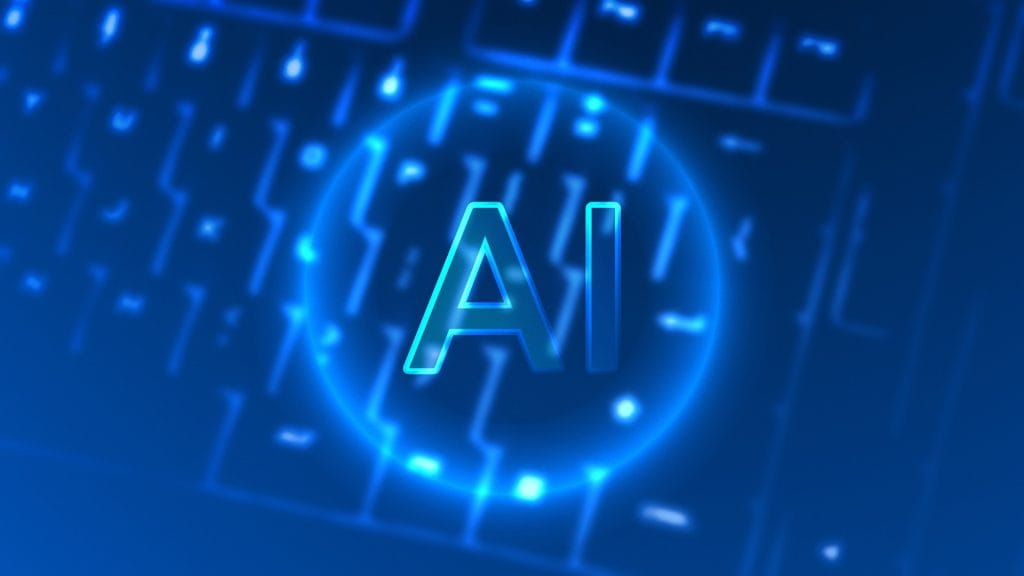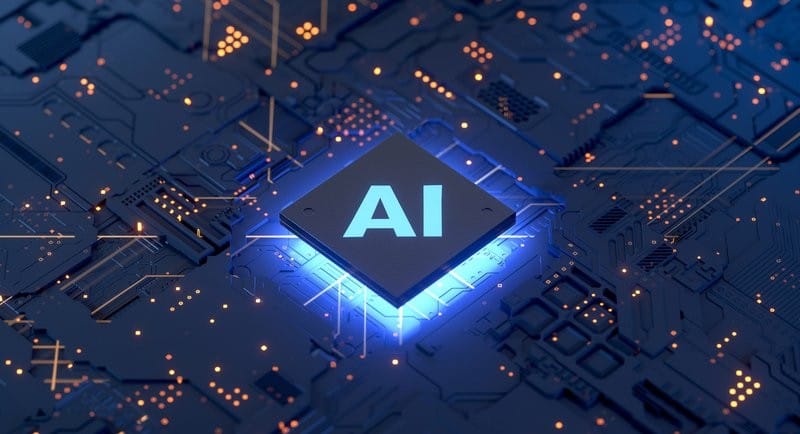Technology has the power to reshape our world, but with great power comes great responsibility. In its commitment to fostering responsible AI development, OpenAI has taken significant steps by investing in research focused on AI ethics and morality.
Understanding AI Ethics and Morality

AI ethics and morality refer to the principles and values that guide the responsible design, development, and deployment of artificial intelligence technologies. These frameworks ensure that AI systems are aligned with human rights, fairness, accountability, and transparency.
The focus on ethics is not just about preventing harm; it also aims to create AI systems that are inclusive, unbiased, and beneficial for all of humanity. For instance, ethical AI ensures decisions made by machine learning algorithms do not discriminate against marginalized communities.
OpenAI’s Ethical Mission
OpenAI has always emphasized the importance of ethical practices in AI development. Its mission revolves around ensuring that artificial general intelligence (AGI) benefits all of humanity. By investing in AI ethics research, OpenAI seeks to address the moral dilemmas and societal concerns that accompany rapid technological advancements.
The organization has publicly committed to principles like long-term safety, inclusivity, and collaboration to foster trust and accountability in AI systems.
Key Areas of Research in AI Ethics and Morality
OpenAI’s research into AI ethics spans several critical areas:
- Bias and Fairness: Identifying and mitigating biases in AI systems to ensure equitable outcomes for all.
- Privacy Protection: Exploring methods to enhance user data protection and privacy in AI applications.
- Accountability: Establishing clear frameworks for holding AI systems and developers accountable for their actions.
- AI Alignment: Ensuring AI systems understand and follow human values.
- Transparency: Developing mechanisms for explaining how AI decisions are made to build user trust.
Challenges in Implementing AI Ethics
Despite its importance, implementing AI ethics is fraught with challenges:
- Complexity of Moral Decisions: Translating human morality into code is a difficult task, given its subjective and context-dependent nature.
- Global Disparities: Ethical norms and values differ across cultures, making it hard to establish universal guidelines.
- Technological Limitations: AI systems lack intrinsic moral reasoning and rely heavily on the quality of training data.
- Corporate Interests: Balancing profit motives with ethical considerations can sometimes lead to conflicts of interest.
The Role of Stakeholders in Ethical AI
Achieving ethical AI requires collaboration across various stakeholders:
- Governments: Setting regulations and policies that promote ethical AI practices.
- Academia: Conducting research to address emerging ethical concerns.
- Private Sector: Incorporating ethical principles into product development and deployment.
- Civil Society: Advocating for accountability and representing public interests in AI governance.
OpenAI’s Current Initiatives on AI Ethics

OpenAI has undertaken several initiatives to champion AI ethics, including:
- Partnerships: Collaborating with universities and organizations to develop ethical AI frameworks.
- Open Source Contributions: Sharing research and tools to promote transparency and accountability in AI.
- Ethics Training: Educating developers and researchers about ethical considerations in AI development.
Future Implications of Ethical AI Research
The research into AI ethics and morality has profound implications for the future:
- Societal Trust: Ethical AI fosters public confidence in technology.
- Innovation: A strong ethical foundation can accelerate innovation by addressing societal concerns proactively.
- Global Collaboration: Ethical AI could lead to more equitable and inclusive international cooperation.
- Long-Term Safety: Research ensures that advanced AI systems align with human values and prevent unintended consequences.
Conclusion
OpenAI’s investment in research on AI ethics and morality reflects its commitment to shaping a future where AI is a force for good. By addressing ethical challenges and fostering collaboration, OpenAI aims to ensure that AI technologies align with humanity’s best interests. As the field evolves, such efforts will play a critical role in ensuring a sustainable and equitable technological future.
FAQs
1. What is AI ethics?
AI ethics involves guidelines and principles that ensure artificial intelligence systems are designed and used responsibly.
2. Why is AI morality important?
AI morality ensures that AI systems align with human values and prevent harm, fostering trust and inclusivity.
3. What challenges does AI ethics face?
Key challenges include cultural differences, technological limitations, and balancing profit with ethical practices.
4. How is OpenAI promoting ethical AI?
OpenAI invests in research, collaborates with stakeholders, and emphasizes transparency and inclusivity in AI development.
5. What are the future implications of ethical AI research?
Ethical AI research can enhance societal trust, drive innovation, and ensure long-term alignment with human values.



